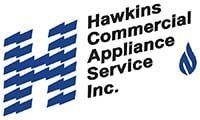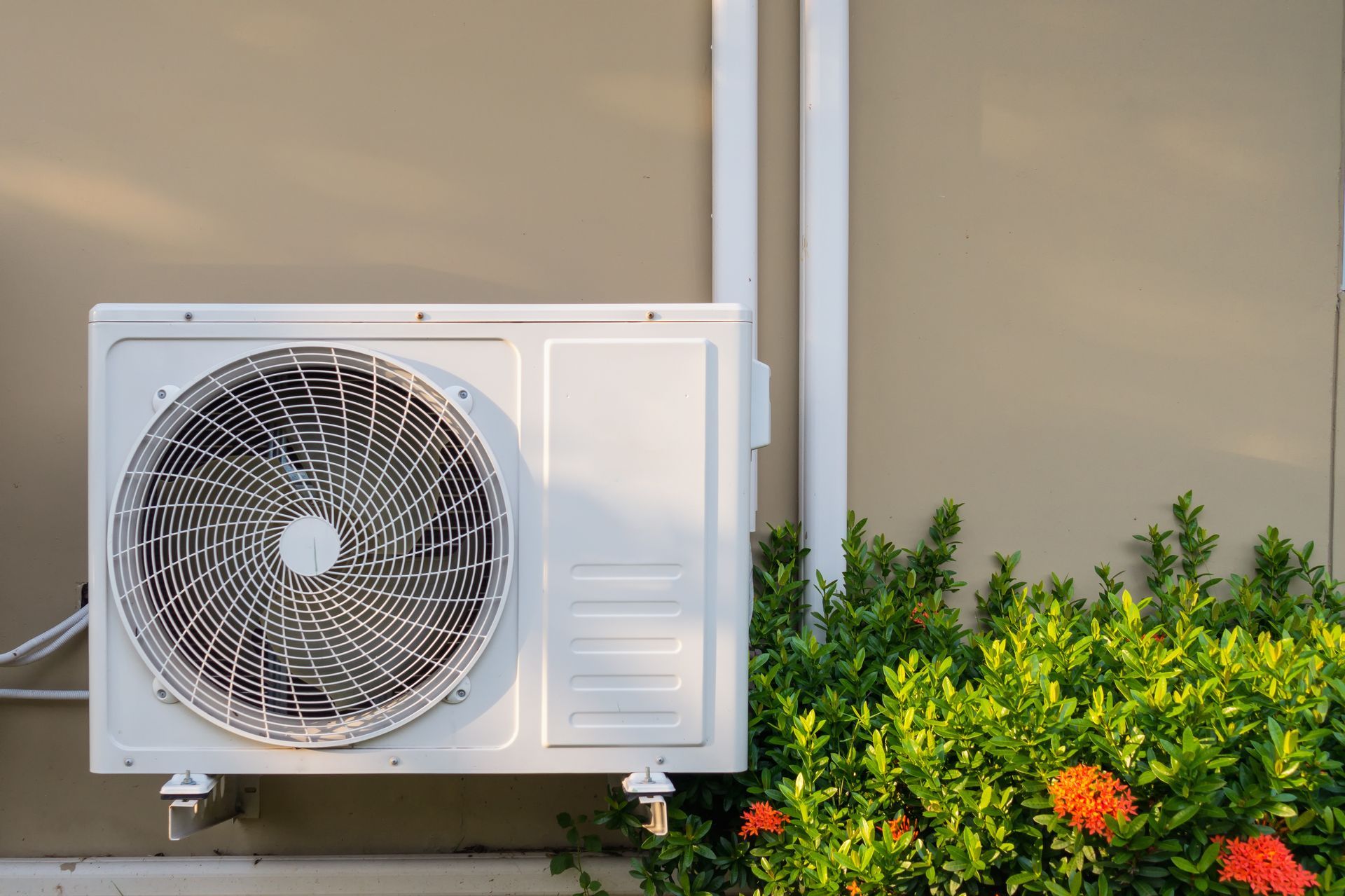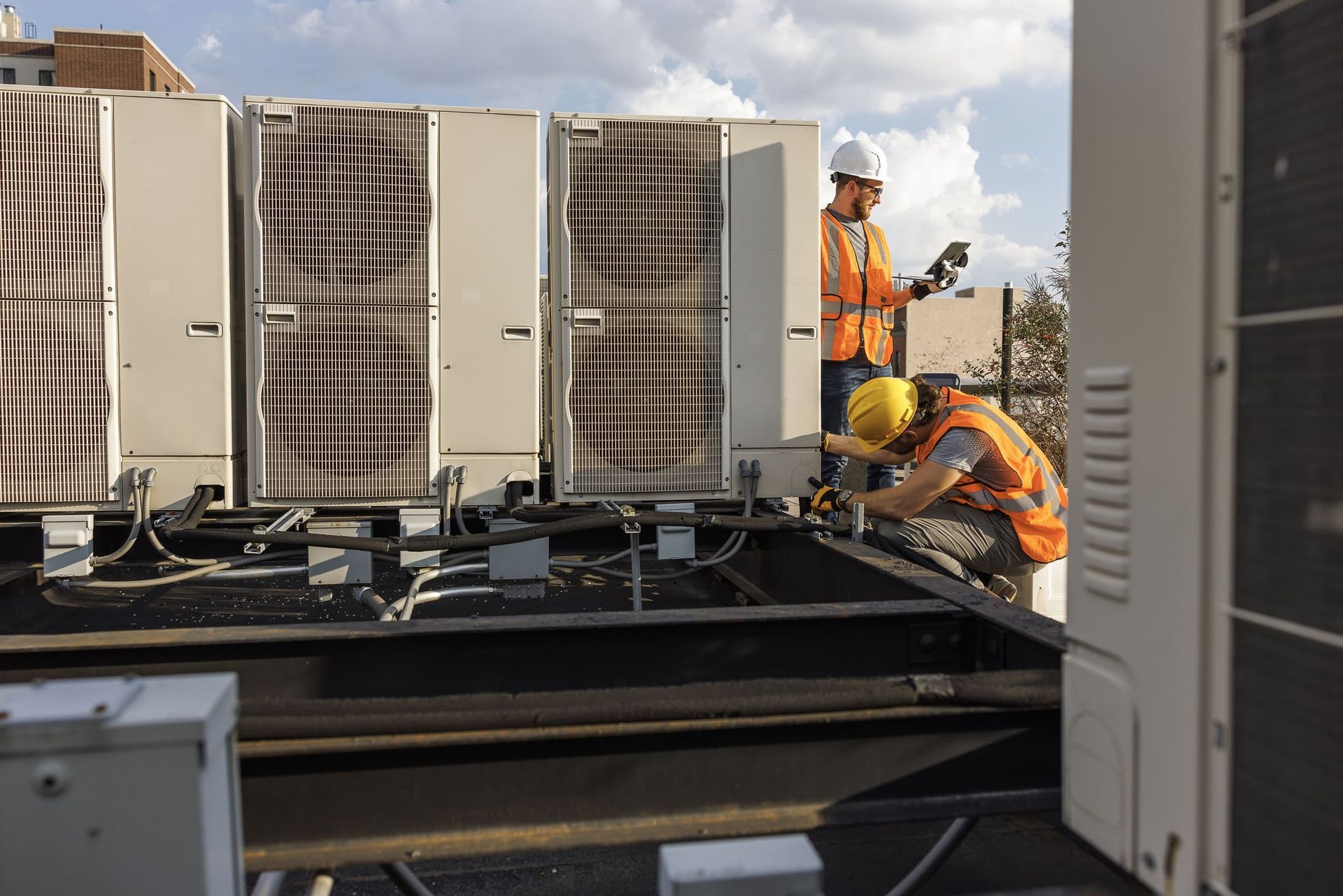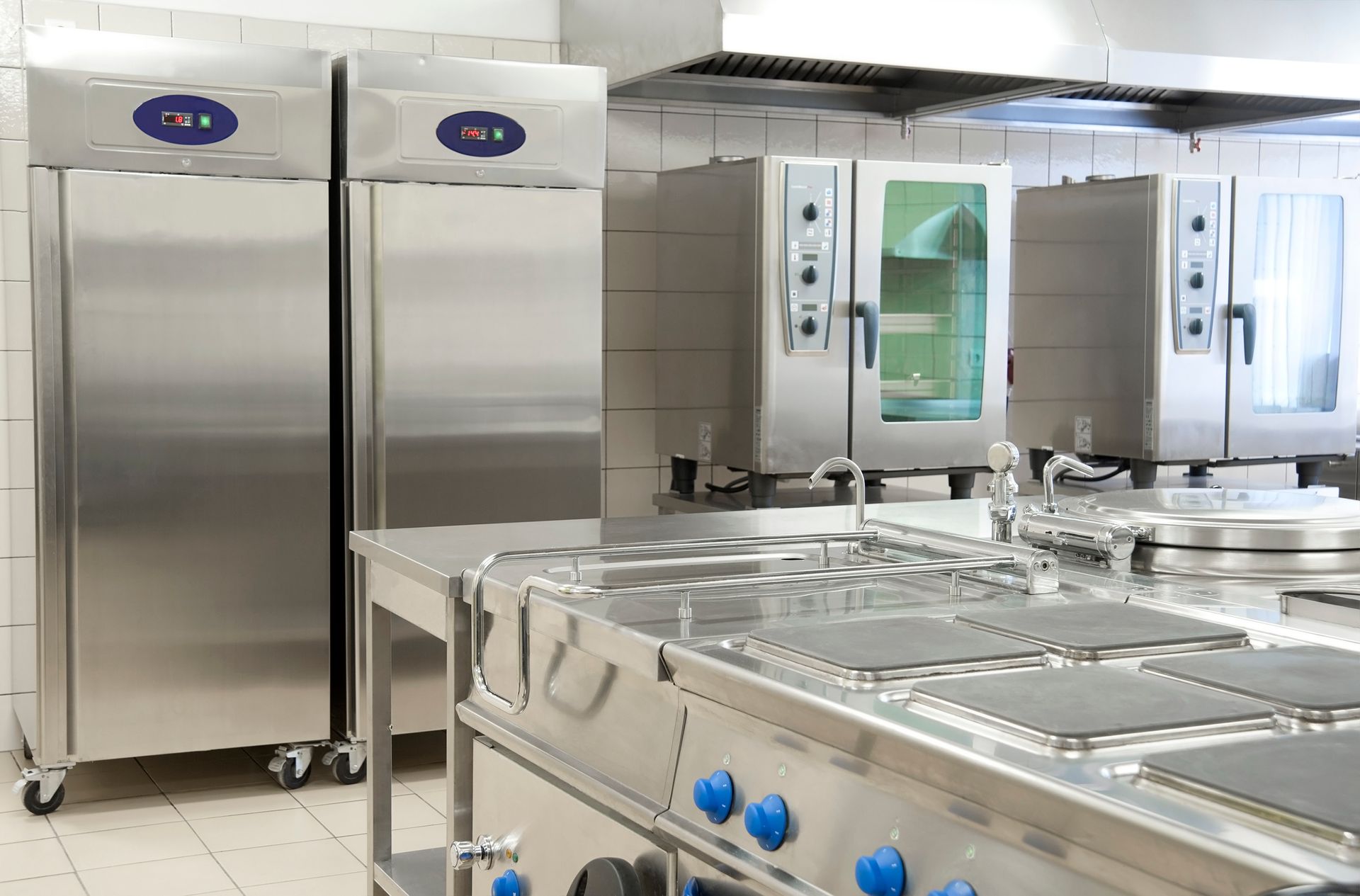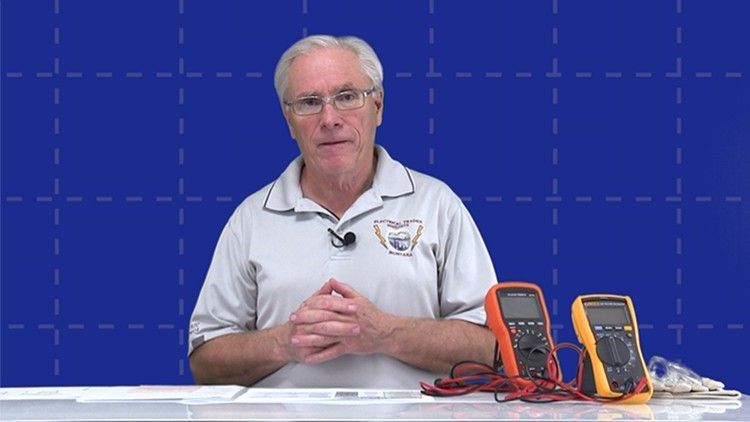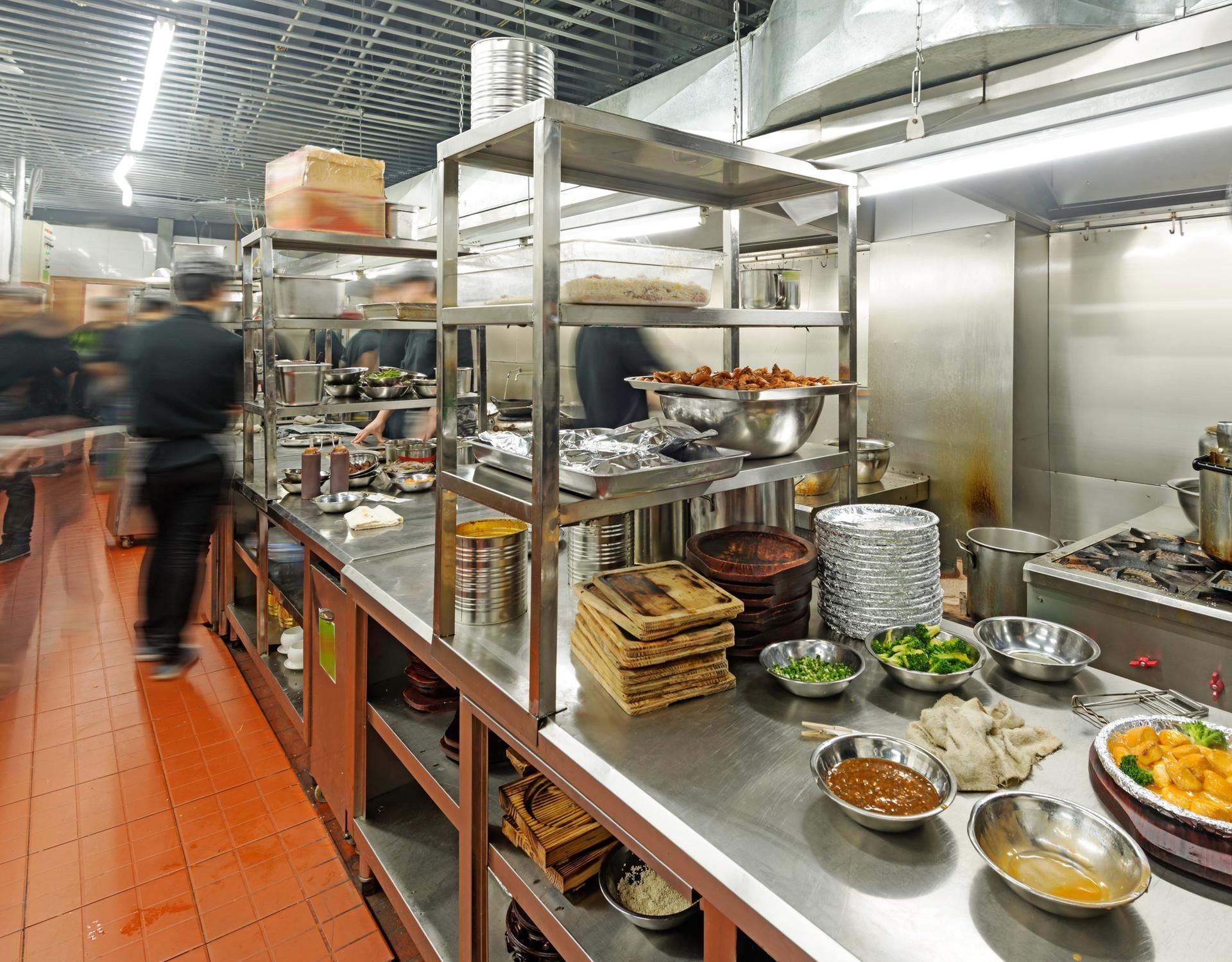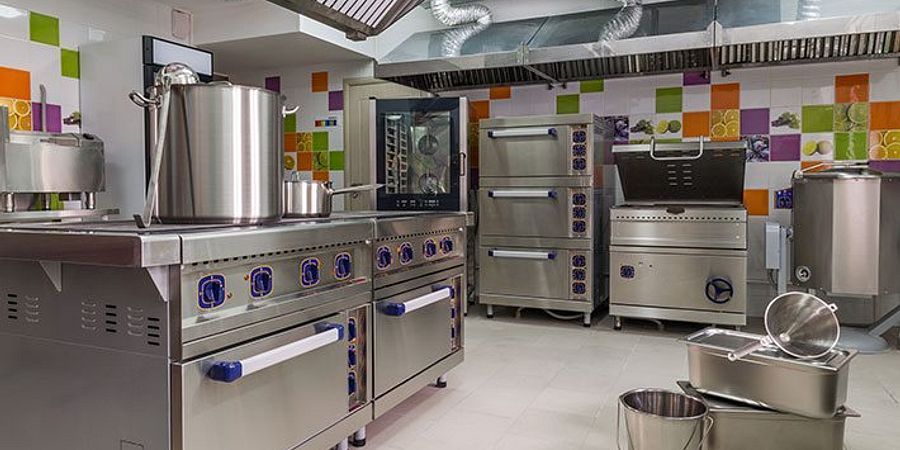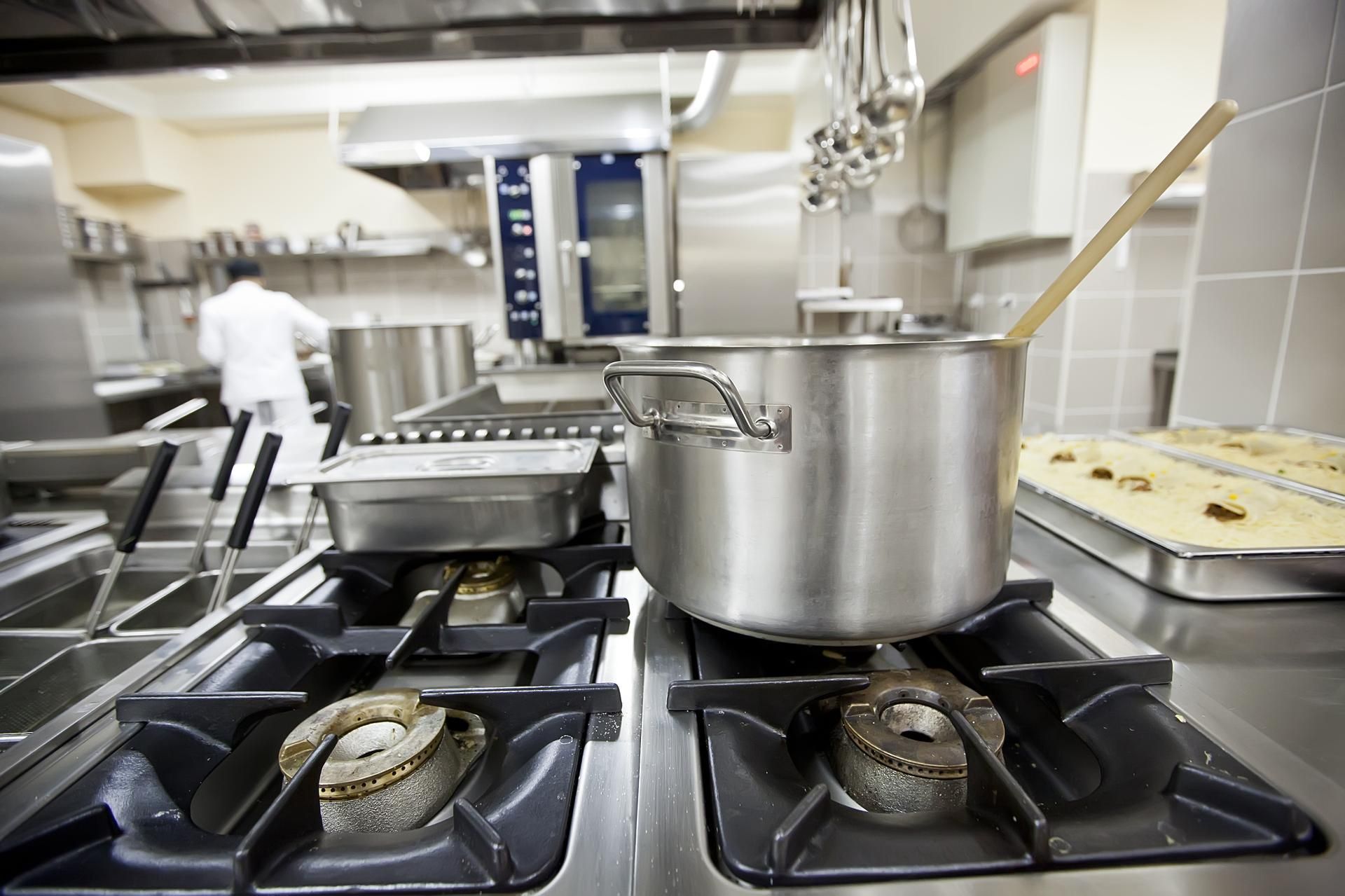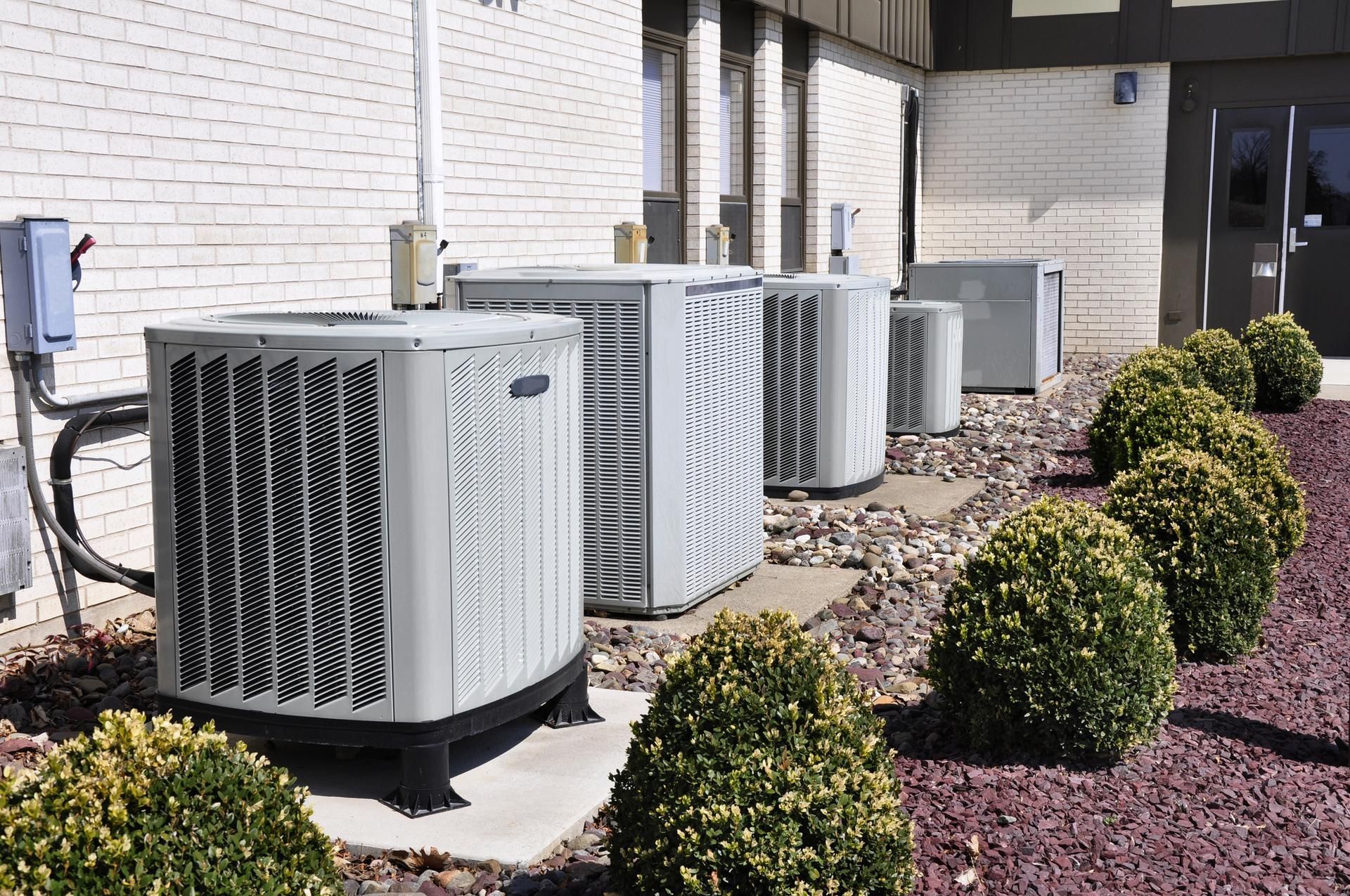7 Benefits of Using OEM Parts for Commercial Kitchen Equipment
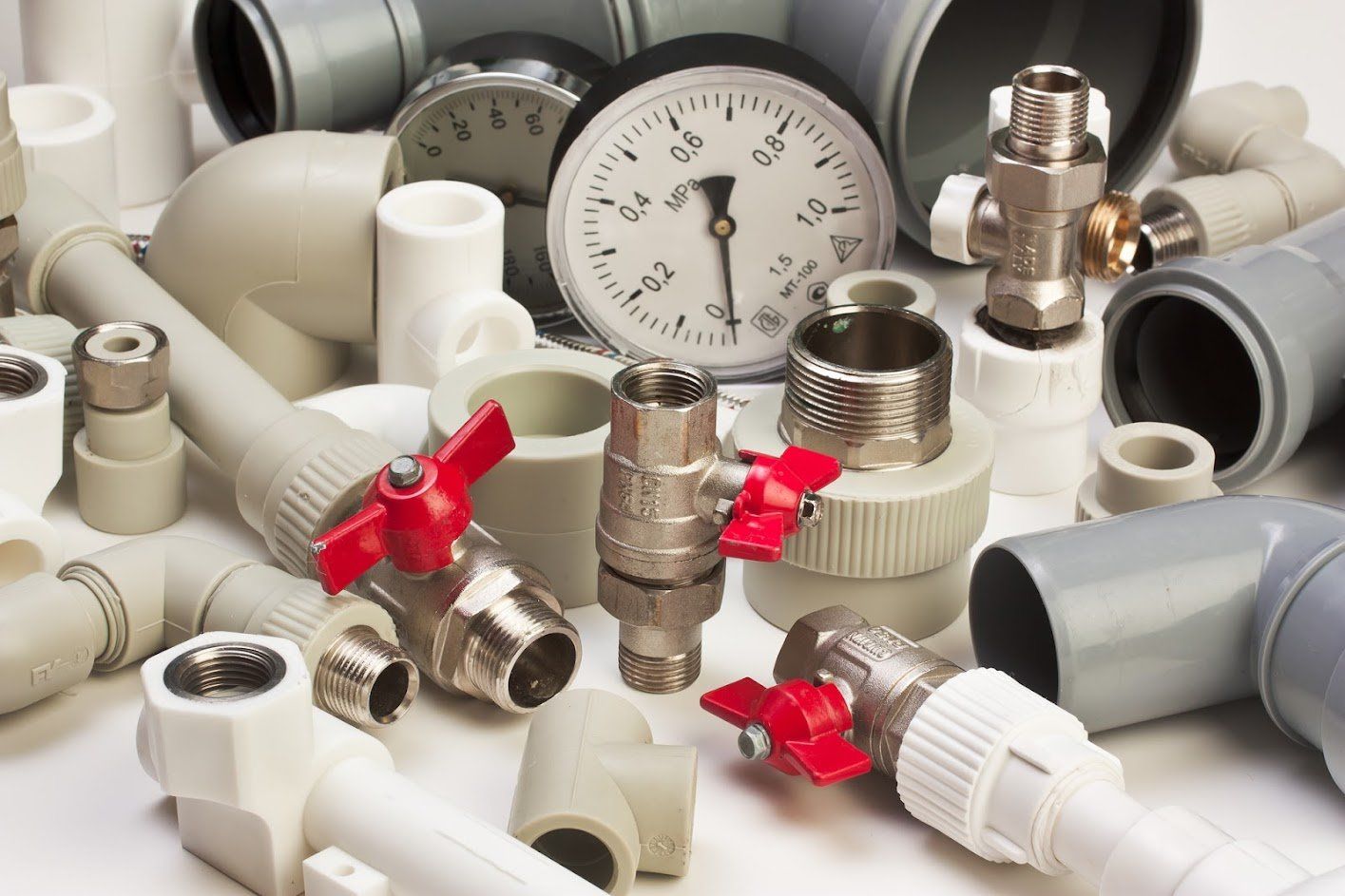
The food industry is highly competitive, and the functionality of kitchen equipment plays a significant role in determining a restaurant's success. When handling kitchen equipment repairs, most foodservice businesses opt for OEM parts.
Manufacturing companies that make OEM parts make parts for specific products. Therefore, replacing kitchen equipment parts with OEM parts instead of aftermarket parts restores it to its original functionality. Also, if your piece of equipment is under warranty, you must use the OEM part and a Certified Servicer to keep that equipment under warranty.
If you own a food business, here are some benefits you could get from using OEM kitchen equipment parts.
Assured Quality and Functionality
Manufacturers test OEM parts for exact equipment pieces. This way, any OEM replacement parts you use on your kitchen equipment will function the same as the former parts. But, with aftermarket parts, there is no guarantee that replacement parts can withstand the level of work that the former parts did. Some tests performed by OEM companies include:
- Long-term reliability tests
- Safety tests
- Vibration tests
- Temperature and humidity tests
Custom Equipment Parts
Manufacturers also test the product's functionality in natural and induced environments. These checks ensure the products perform optimally. Additionally, OEM parts are upgrade compatible. So there's no risk of buying equipment parts that become outdated with time.
Another benefit of OEM parts is that they are custom-made for precise equipment units. Before releasing OEM parts, manufacturers check how they work on the equipment they are custom-made for to ascertain that they are the right fit.
Every part must meet the product engineer's specifications before manufacturers release it to the market. Therefore, you can be sure that any OEM parts you buy will be compatible with your equipment brand.
Reduced Risk of Equipment Damage
Because generic parts are untested, there's always a chance that they could damage your products. But, with OEM parts, the risk of equipment damage or defects reduces significantly. OEM parts have undergone thorough testing, and buyers can get them directly from manufacturers.
When installed on commercial kitchen equipment, OEM parts will function correctly because manufacturers have set them at precise points to allow optimal operation.
Durability
Structural integrity significantly contributes to durability. Unlike OEM parts, generic parts do not provide surety when it comes to structural compliance. OEM parts undergo long-term reliability tests. So, suppliers can give you an estimated change-out period within which you can get new equipment parts.
Product Warranty
Because companies that manufacture OEM parts are confident about their performance, most OEM parts have a warranty cover from the manufacturing company. Because of this, owners may get free repairs if OEM products fail.
On the other hand, manufacturers may limit or void warranties for generic or aftermarket parts. This happens because manufacturers are not sure of the product's functionality. In this case, if you use generic or aftermarket parts for your kitchen equipment, all repair costs may fall on you.
Product Availability
Buying your spare parts from an OEM supplier will reduce your waiting time. Unlike generic suppliers who may not stock certain brands. OEM suppliers will stock parts they consider vital for their machines' functionality. An OEM may also recommend stores where you can get the parts you need if they don't have them in their stock; Hawkins is listed by many manufactures as the local supplier for replacement parts for the foodservice industry in Colorado.
Buying OEM spare parts will help avoid delays in business operations as you wait to find the right parts for your kitchen equipment.
Return on Investment
Due to their high quality and durability, OEM parts provide a good return on investment (ROI). OEM parts will increase your kitchen equipment's longevity and eliminate the need for frequent repairs, thereby saving you money.
If you are a restaurant owner, investing in OEM parts for your kitchen equipment will ensure your equipment serves you longer, making you more money. Contact us today at Hawkins Commercial Appliance for OEM parts for your next kitchen upgrade.
